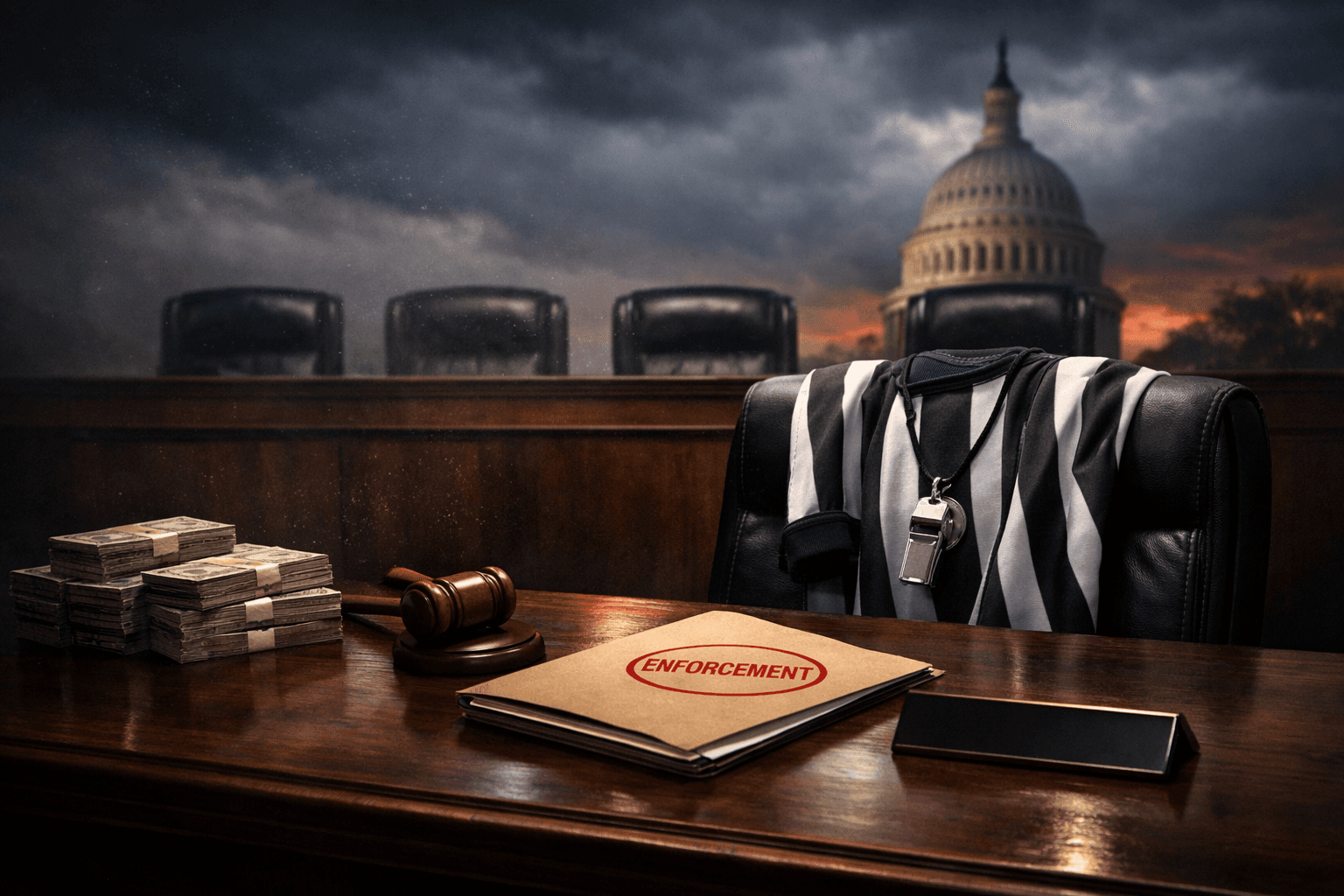Independent Voters Aren’t Just Growing, They're Changing American Politics
Just a few weeks after the storming of the Capitol and the impeachment trial, Gallup found for the first time that 50% of voters identify as independents. Registered independent voters are now the largest or second largest group of voters in half the states and will be the largest or second largest group of voters in almost every state in the country within a few years at current rates of growth.
More significant than the raw numbers--which are impressive--independent voters are participating in ways that don’t conform to either party’s playbook. Independents don’t just decide outcomes; they are creating new conversations, causing trouble for both parties, and advancing a nonpartisan democracy agenda.
In 2020, independents elected President Biden and flipped the Senate to the Democrats. Biden won independents by a 54-41 margin, a 17 point swing from 2016, when Trump won independents by 4 points. Georgia independents then joined with African-Americans to elect Warnock and Ossoff, thus determining the balance of power in the Senate.
In Florida, while the media was focused on Trump v. Biden, a ballot initiative to open the primaries received more votes than either of them. Despite lawsuits and propaganda from both the Democratic and Republican Parties, it received 57% of the vote--just short of the 60% threshold required for passage. It was propelled by independents who had organized after dozens testified before the state’s Constitutional Revision Commission and told story after story of being denied the right to vote because they did not want to join a private political party. They were so effective that several Commissioners, and most of the state’s editorial boards, joined their effort.
In states across the country, down ballot candidates from both parties are starting to win elections in districts considered safe for the other party by throwing out their respective party playbooks, going to ground, and building alliances with independent voters.
In Maine, Democratic candidates are starting to turn the state blue and winning in traditional rural Republican strongholds by developing their own local narratives, knocking on independent voters’ doors well ahead of elections and emphasizing bread and butter issues that resonate with them-for many of these voters it’s the first time a candidate of either party has actually spoken to them. In 2020, Senate President Troy Jackson, state Sen. Chloe Maxmin, U.S. Rep. Jared Golden, and Craig Hickman all won in counties where Trump and Collins ran strong.
Meanwhile, Democrats received crushing defeats in state after state in this last election. Blue waves in Florida and Texas failed to materialize as GOP candidates pulled Latino voters -50% of whom are independent-away from a Democratic Party that failed to appreciate that many Latinos don’t naturally fall into neat and tidy political categories.
In Utah, legislation was introduced early this year to make it more difficult for voters to switch parties. The official reason was to prevent Democrats from “raiding” the Republican primary. A study by the Electoral Innovation Lab at Princeton University discovered that in fact it was independent voters, not Democrats, who re-registered in significant numbers in order to vote in the closed Republican primary-the only election that matters. The Utah League of Independent voters mobilized opposition to the bill. The sponsor was forced to drop independent voters from the bill’s coverage after party leaders, afraid of their defection, pressured the change.
These are by no means isolated cases, independent voters are uniting organically in response to pressures from a political system that favors party voters at their expense. These voters are increasingly rejecting us vs. them politics, and mix-and-matching ideological positions. They vote for Democrats and Republicans but are critical of the red v blue approach to political life. They want cooperation among legislators, and more choice at the voting box. They want to vote in primaries without having to join a party they don’t believe in.
When pundits refer to independents as “party leaners” they negate attitudes and actions that don’t conform to partisan politics. But this bias is not preventing independents from having an impact. Operating without a political party or even a strong organizational structure, independents are finding innovative ways to push back against party politics and assert their interests.
This form of activism is invisible to many political professionals because it doesn’t fit traditional models of organizing and party politics. It’s also highly unpredictable. That unpredictability is starting to cause the leaders of both parties political heartburn. They better get used to it.
Jeremy Gruber is senior vice president and John Opdycke is president of Open Primaries, a national election reform organization. They are the co-authors of “The Next Great Migration: The Rise of Independent Voters.”






